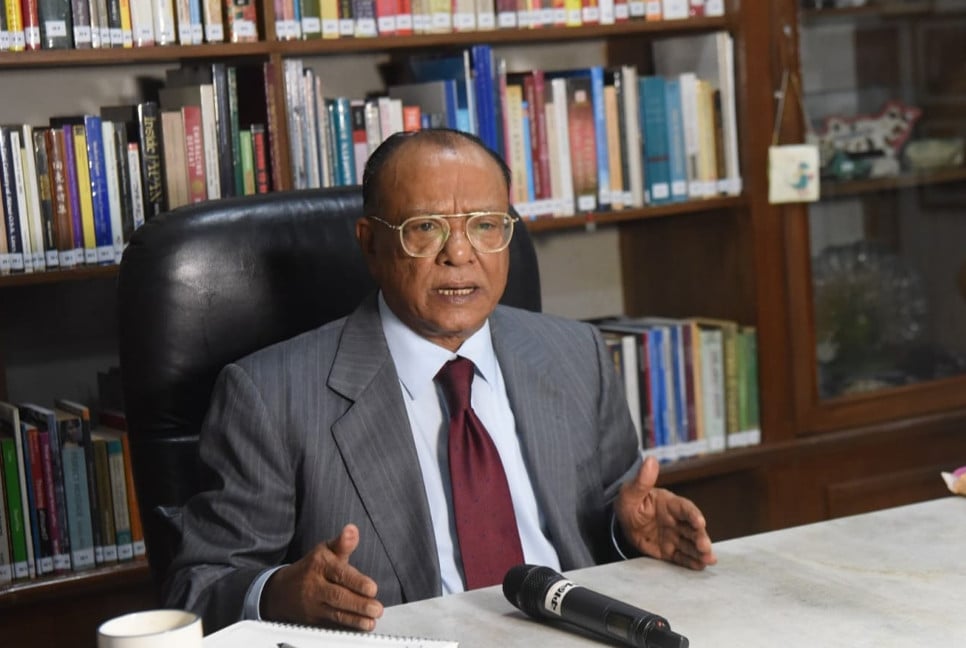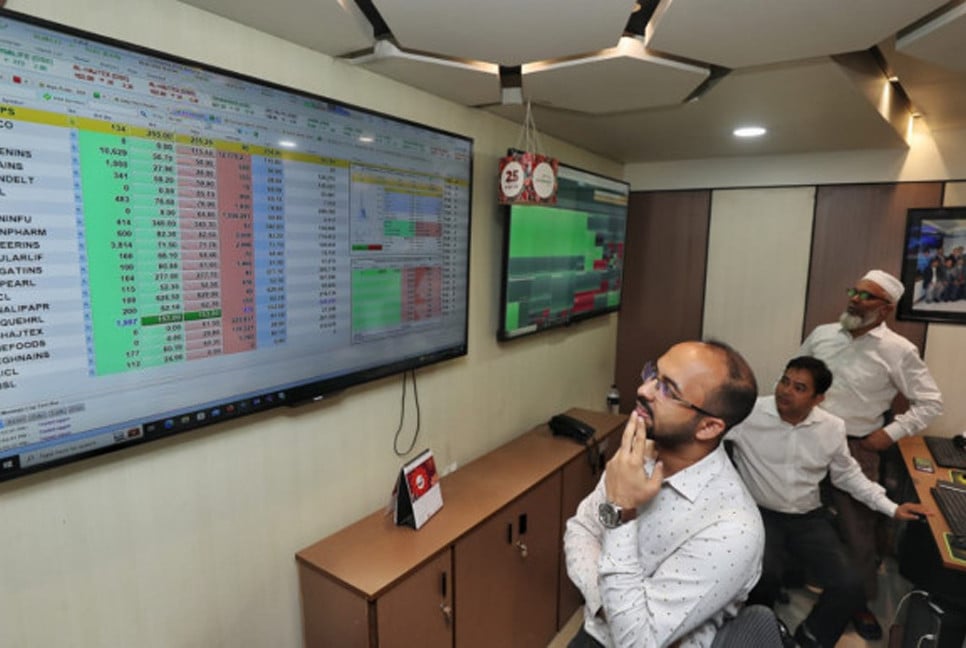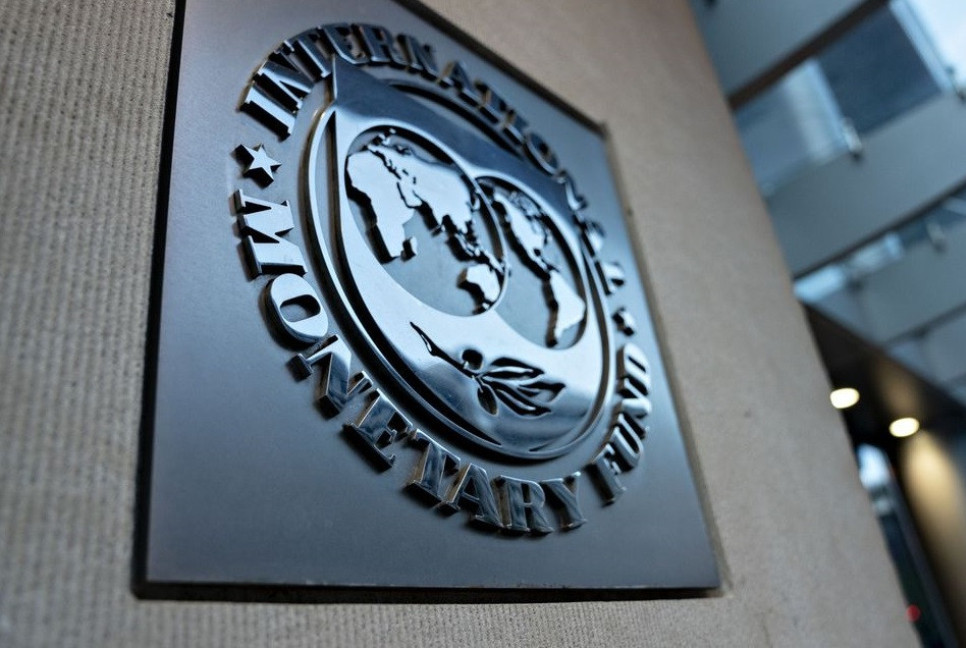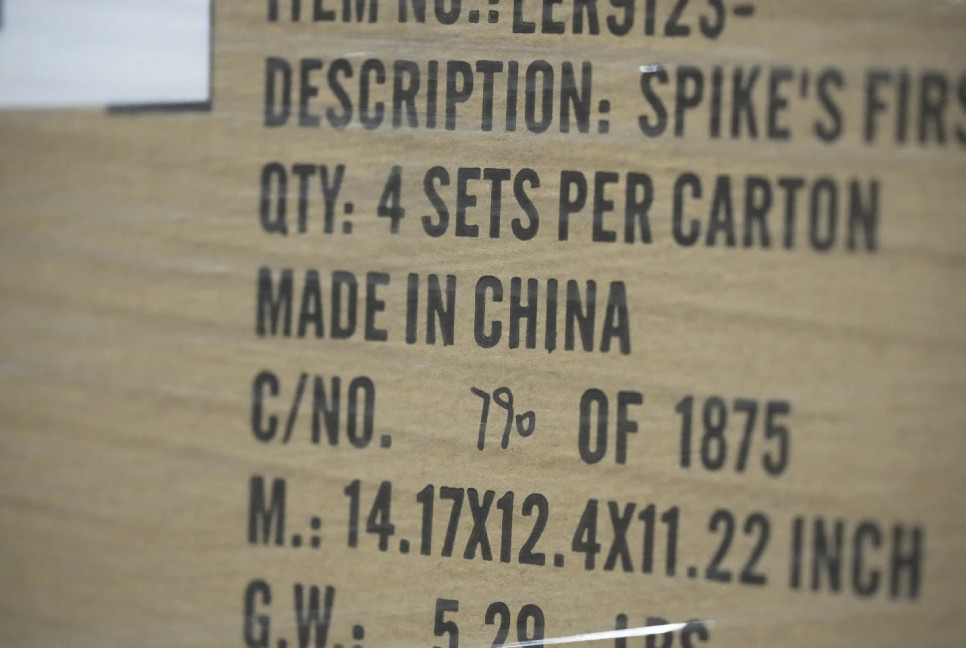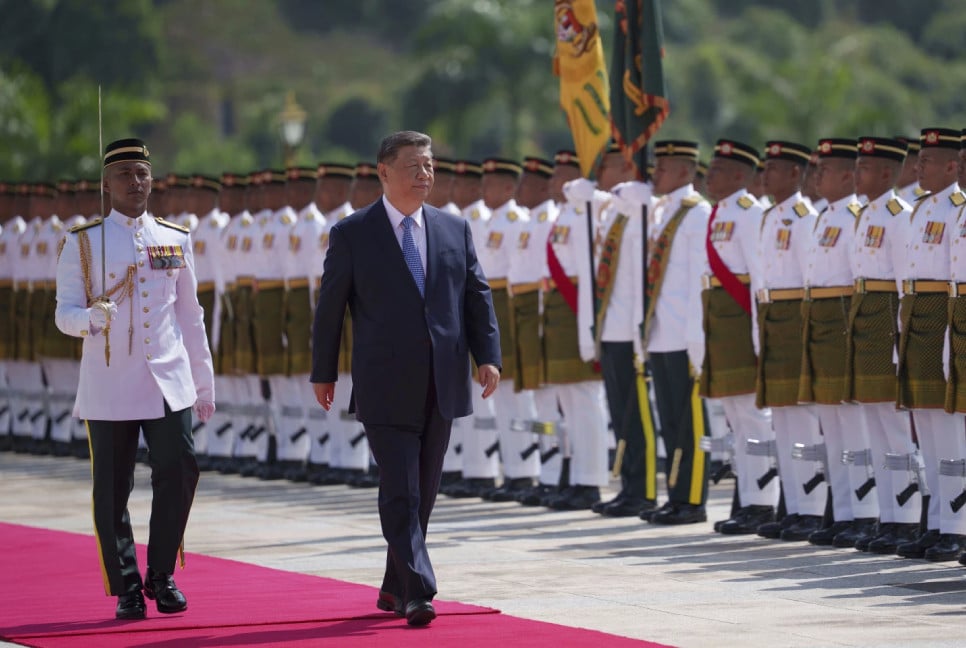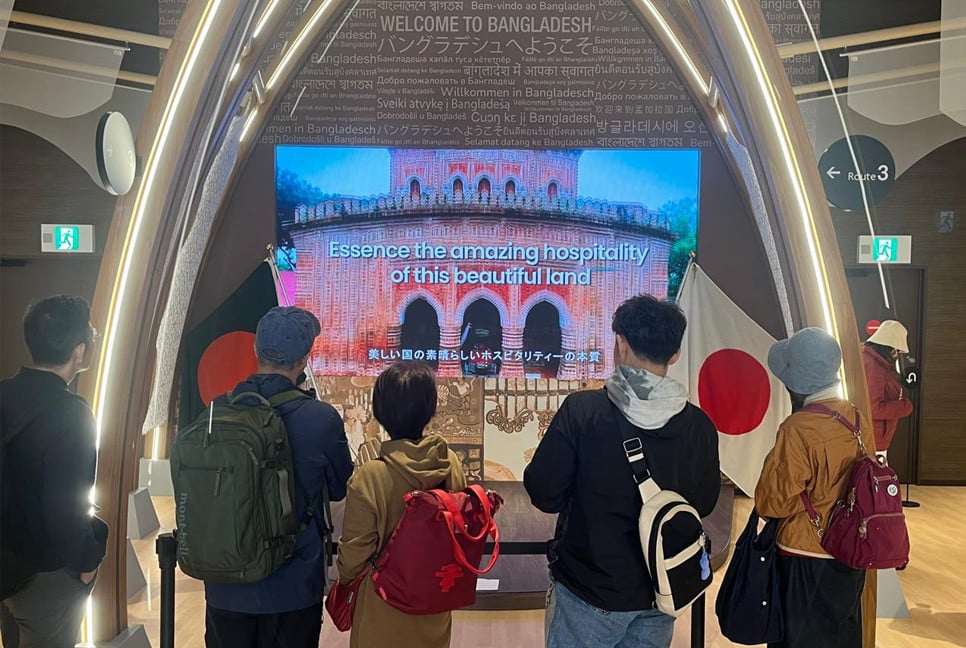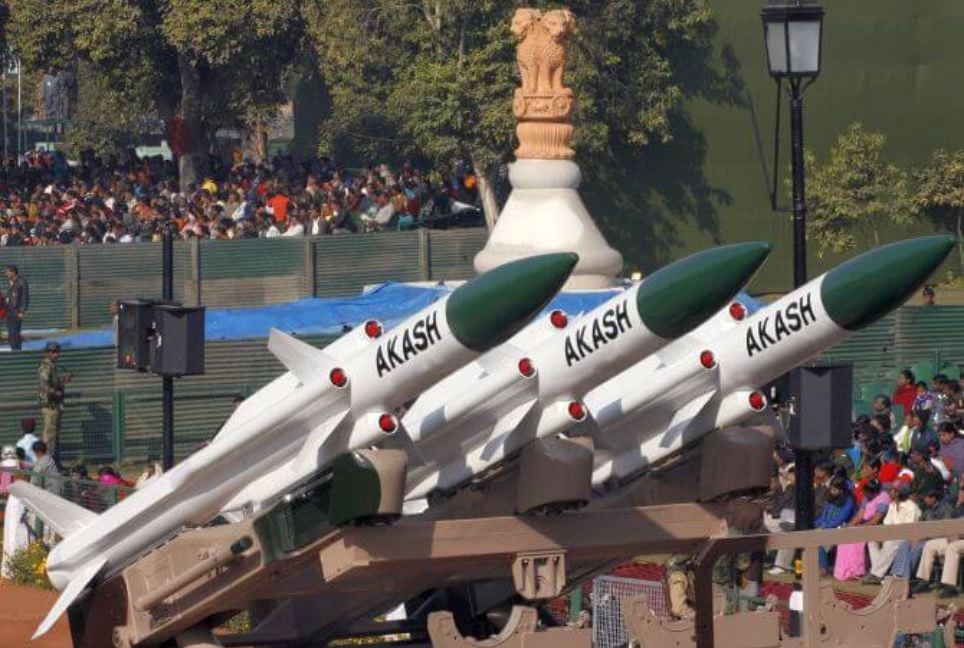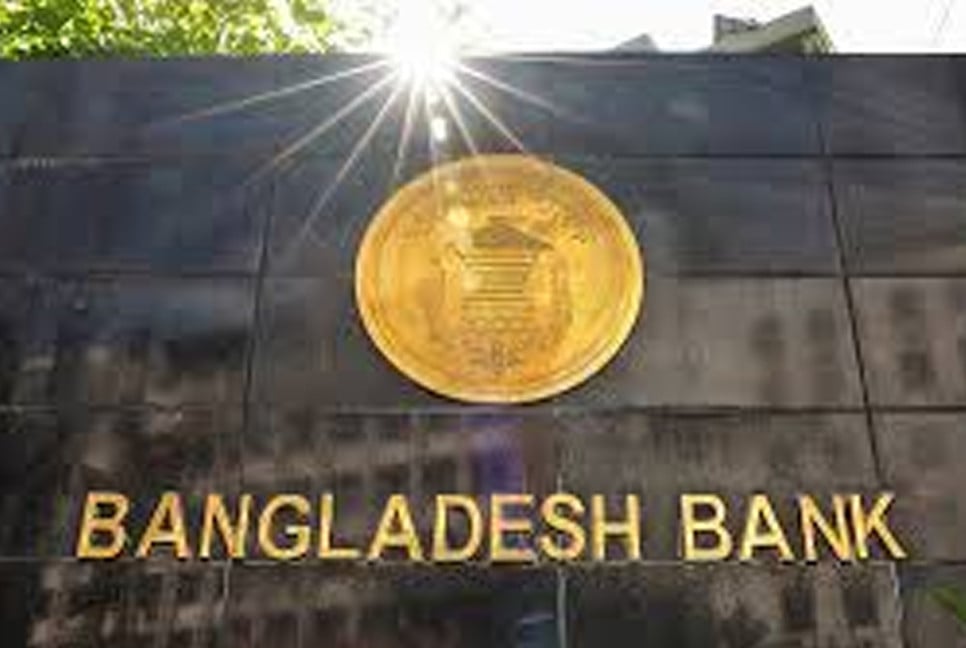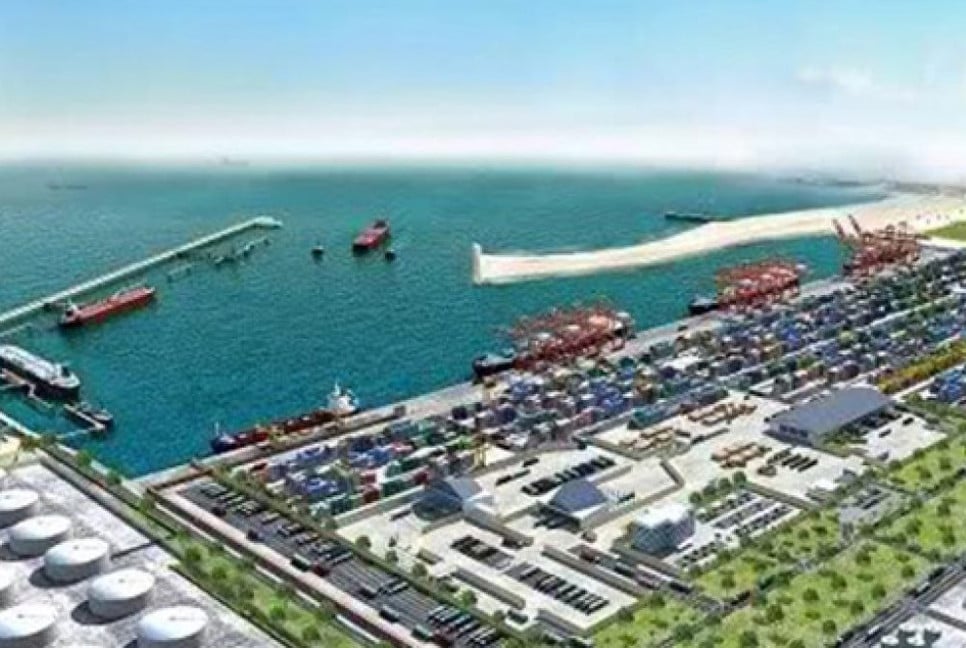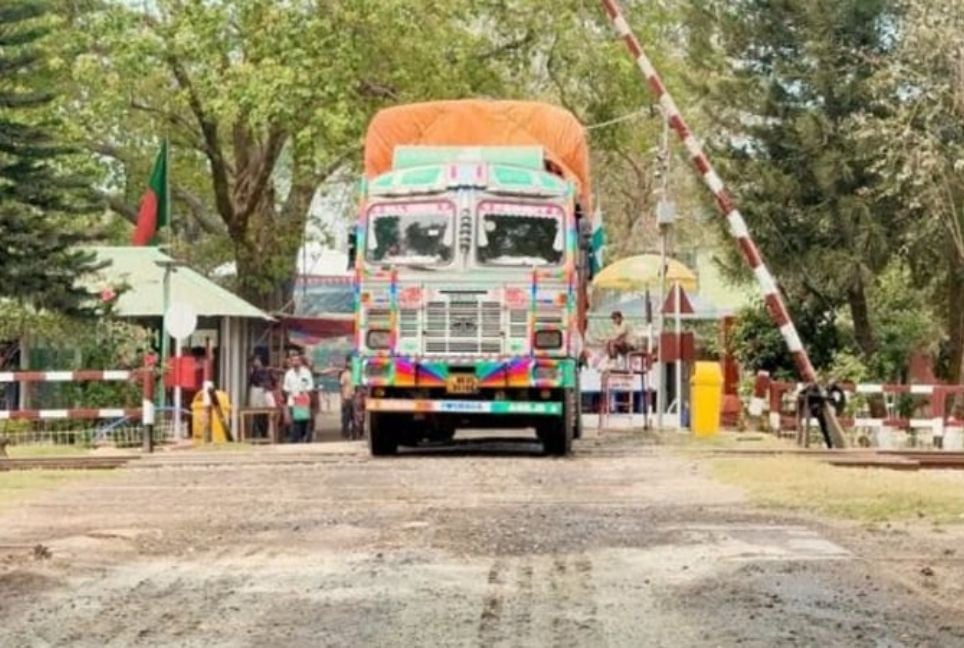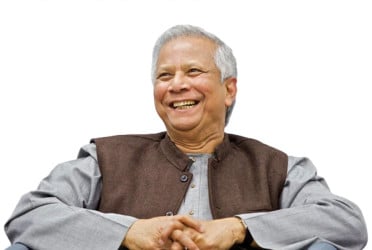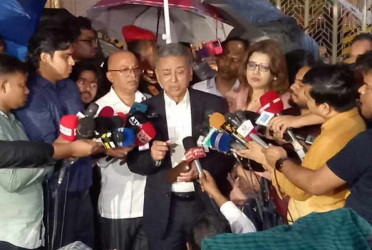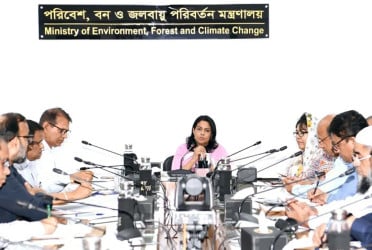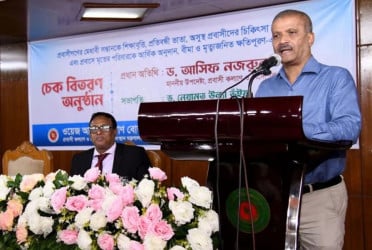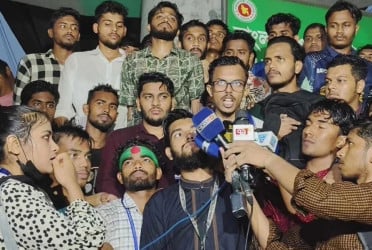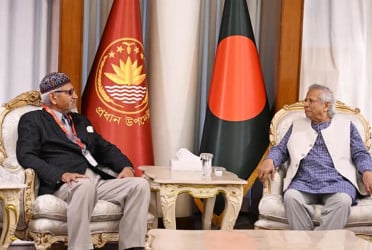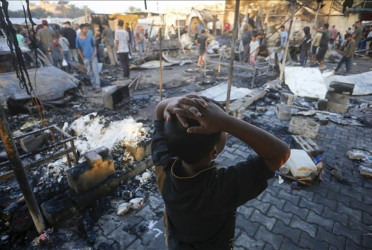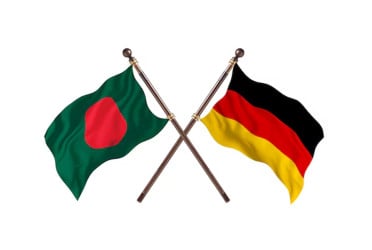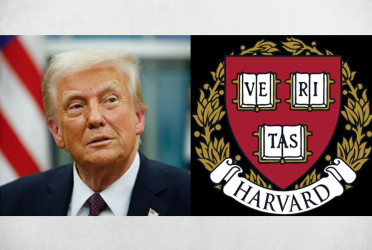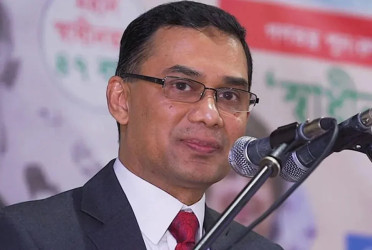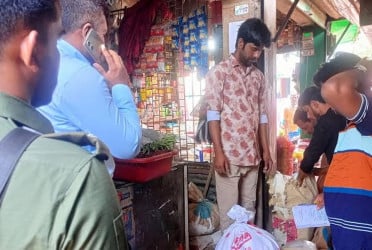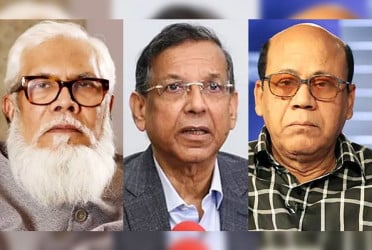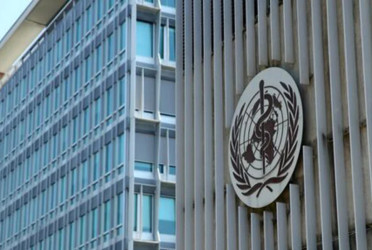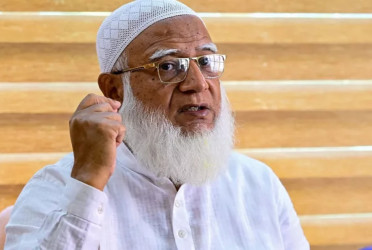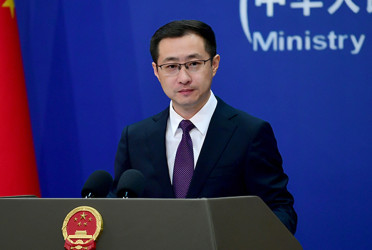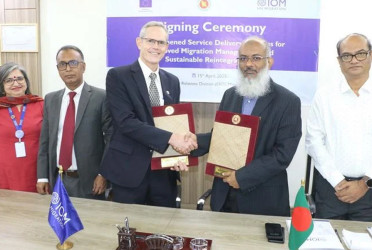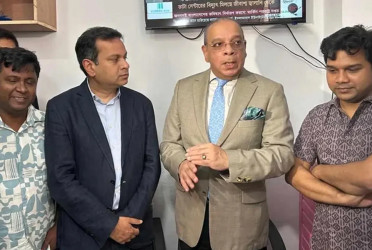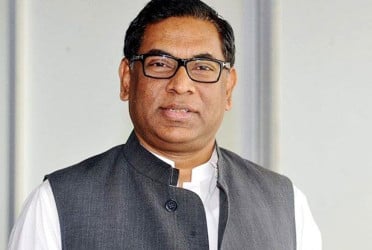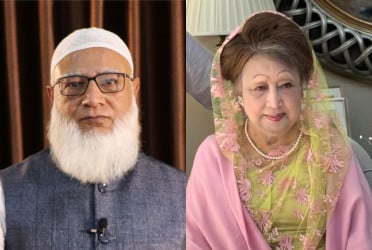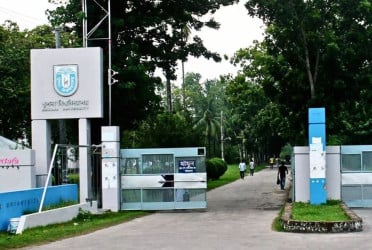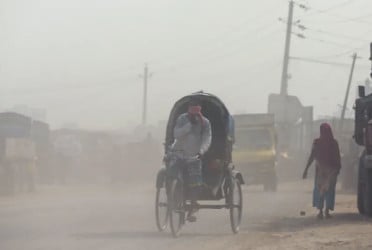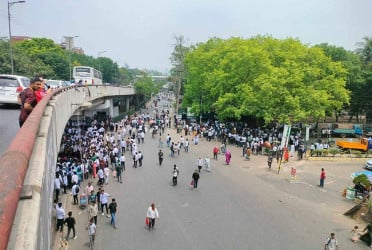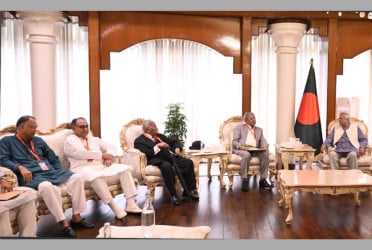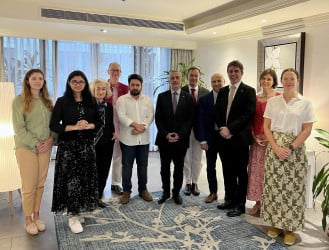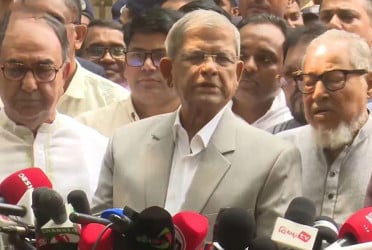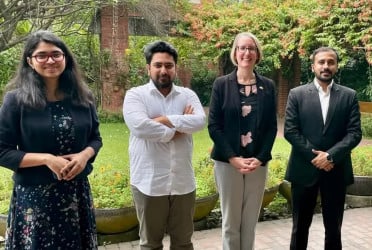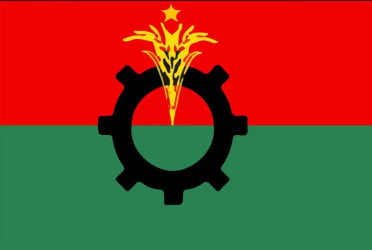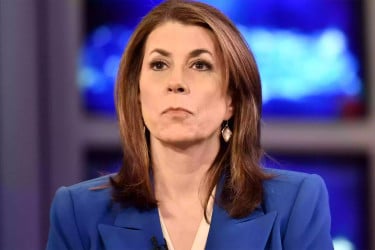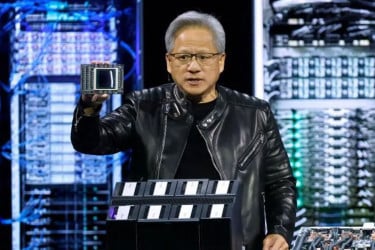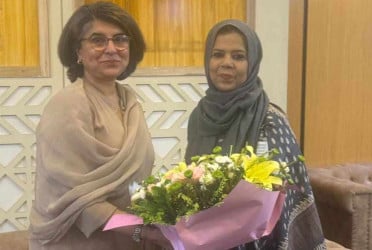Abdul Awal Mintoo, former president of the Federation of Bangladesh Chambers of Commerce and Industry (FBCCI) and Vice Chairman of the Bangladesh Nationalist Party (BNP), has raised serious concerns about the country’s economic condition, stating that it is in a more precarious position than politics.
“The economy is in a greater crisis than politics,” he said, explaining that the recently ousted government had severely damaged the country’s institutions, including regulatory bodies and constitutional organisations, for its own benefit, creating an unsustainable economic situation.
“The state’s governance, the economic management—everything has been destroyed,” Mintoo added.
During an interview, Mintoo also stressed the need for comprehensive reforms.
According to Mintoo, the previous government, which had clung to power for over a decade, systematically undermined constitutional and legal institutions.
He alleged that these institutions, funded by taxpayers, had been politicised and rendered ineffective by a government seeking to maintain control through undemocratic means.
“They took over the institutions and made them partisan, which has led to the collapse of state governance and the economic management system,” he said.
To restore the economy, Mintoo emphasised the need for a government that is accountable to the people. He pointed out that opposition parties, including the BNP, had been fighting alongside the public for 15 years to reclaim democratic rights.
“People have made many sacrifices to regain their right to vote,” he said, adding that the country must ensure the establishment of a democratic and accountable government where citizens can exercise their right to vote freely.
Mintoo expressed his support for the interim government led by Prof Muhammad Yunus, which was formed following a student-led movement that toppled the previous regime in August 2024.
He noted that the current government is working towards the establishment of a democratic and accountable administration, with reforms at the top of its agenda.
“The interim government, with Dr Yunus at the helm, has set up commissions to address key sectors, including the economy,” Mintoo explained.
However, while he supported the reforms, Mintoo argued that political reform must be led by political figures, not technocrats. He stressed that the political system needed to be reformed by individuals who have a deep understanding of the political landscape, as opposed to experts from other fields.
“We fought for a democratic government, and I hope that our dream will soon be realised,” he added.
Reflecting on the business community’s divisions, Mintoo revealed that these splits have been growing over time, exacerbating the economic crisis.
As a former FBCCI president, he had previously taken steps to reduce the fragmentation among business leaders but admitted that the situation has worsened.
“There is a deep division within the business community today. This division is increasing, and it is not right for businesspeople to keep switching allegiances for personal gain,” Mintoo said.
He urged the business community to focus on identifying sector-specific issues and addressing them collectively with the government, rather than aligning with political parties.
“Businesses must work together to highlight problems in their respective sectors and push the government to resolve these issues,” he said.
Mintoo called for an end to the influence of special interest groups within the private sector, urging for greater unity and accountability.
Mintoo also criticised the leadership of the country’s business associations, many of which are now led by individuals affiliated with the ruling party.
He argued that the privatisation of business organisations over the last 15 years has allowed a small, politically connected group to gain control over vast economic resources, widening inequality.
“One section of the business community has been focused on looting wealth, while another has worked hard to create wealth. This divide has resulted in a class of people who are politically and economically powerful but are only interested in enriching themselves,” Mintoo stated.
He pointed out that this situation has contributed to rising inequality, as wealth and power have become concentrated in the hands of a few.
“The issue of inequality is tied to both politics and the economy. If we cannot fix politics, we will never be able to fix the economy,” Mintoo warned.
He called for reforms that would reduce the power of centralised political parties and empower democratic institutions to create a fairer, more transparent system.
Discussing the industrial sector, Mintoo highlighted the recent unrest in industrial zones and its potential impact on economic progress.
He expressed concern over the lack of decisive action by the interim government to address labour unrest and declining productivity.
“Productivity has been falling for the last 15 years, and in the past five years, it has dropped even further. There are no effective initiatives to improve productivity,” Mintoo said.
He noted that ongoing labour unrest, factory attacks, and social instability have been causing long-term damage to the economy.
“The situation in the industrial sector must be resolved at any cost,” he urged, emphasising that a failure to restore order would have lasting negative effects on both domestic markets and exports.
Mintoo warned that declining productivity would lead to higher inflation, as local production fails to meet internal demand.
“Without boosting production, inflation will only increase,” he said. He also expressed frustration over the lack of initiatives by the government to improve productivity and boost exports.
Mintoo outlined the urgent need to reduce both economic and social inequality.
He called for the establishment of a democratic system that allows people to challenge inequalities and hold those in power accountable.
“A democratic government elected through free and fair elections will establish accountability in the country,” he concluded.
Bd-pratidin English/Tanvir Raihan

